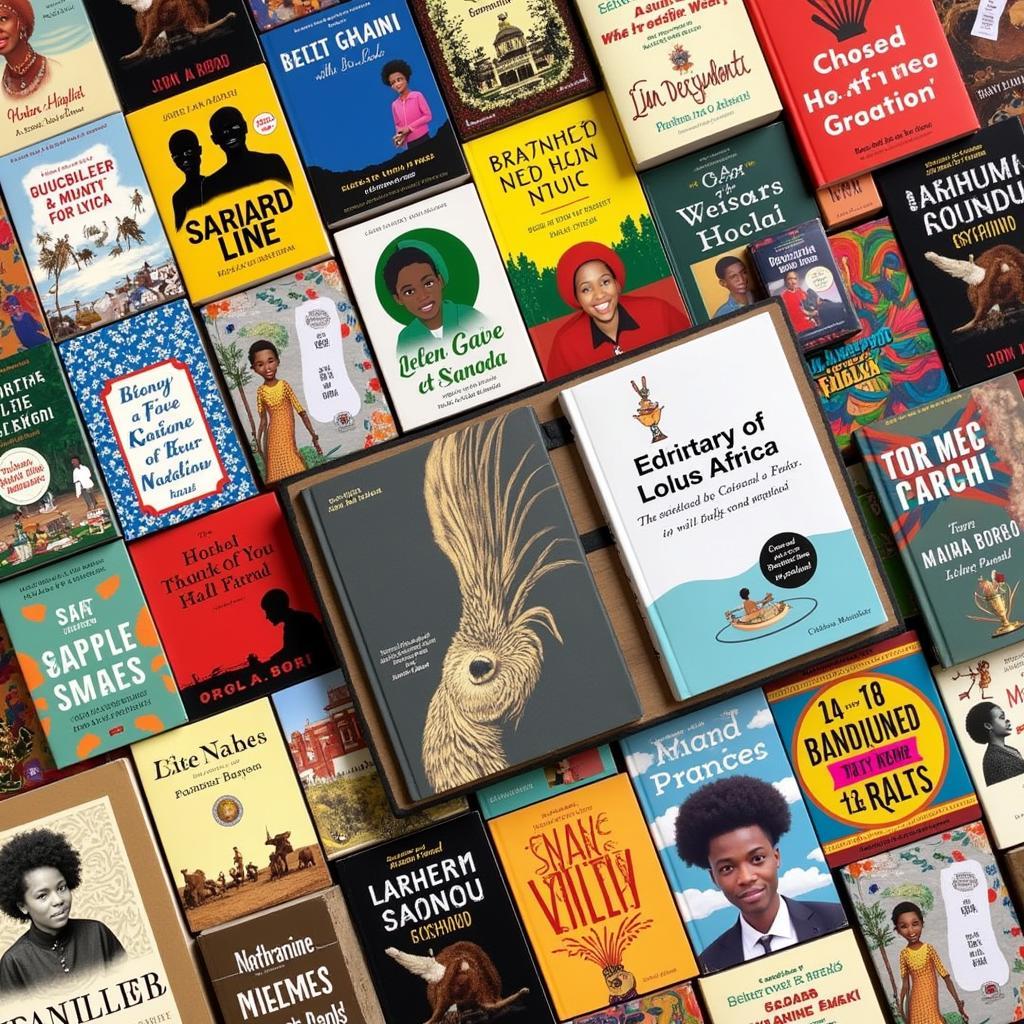Understanding the African Baby Ebela: A Cultural Journey
The African Baby Ebela is more than just a dance; it’s a vibrant expression of Gabonese culture, deeply rooted in tradition and brimming with symbolic meaning. This article delves into the fascinating world of the ebela, exploring its origins, significance, and evolution within the rich tapestry of Gabonese life.
The Origins and Significance of the Ebela
The ebela, a traditional dance originating from the Fang people of Gabon, specifically the Okak region, is typically performed by young girls before puberty. It celebrates femininity, purity, and the transition to womanhood.
The dance is often performed during important ceremonies, such as weddings, births, and initiations, serving as a powerful symbol of community cohesion and cultural continuity. It’s a ritualistic dance, invoking ancestral spirits and seeking blessings for the future. The ebela isn’t merely entertainment; it’s a vital thread connecting generations and reinforcing cultural identity.
The Rhythms and Movements of the Ebela
The rhythmic pulse of the ebela is driven by traditional drums and melodic chants, creating a hypnotic soundscape that transports both dancers and spectators. The movements are characterized by fluid grace, emphasizing subtle hip movements and elegant footwork.
The dancers, adorned in elaborate costumes and traditional headdresses, move with synchronized precision, their bodies telling a story of tradition and cultural pride. The intricate choreography often mimics the movements of animals, symbolizing the connection between humans and nature.
The Ebela in Modern Gabon
While the core essence of the ebela remains deeply traditional, the dance has also evolved to reflect contemporary influences. Modern interpretations often incorporate elements of contemporary dance and music, while still respecting the fundamental principles of the original form. This adaptation allows the ebela to resonate with younger generations, ensuring its continued relevance in a changing world.
Preserving a Cultural Legacy
Efforts are being made to preserve the ebela for future generations. Cultural organizations and community leaders are working to document the dance, its music, and its associated rituals. Workshops and training programs are being organized to teach young girls the intricacies of the ebela, ensuring the continuity of this precious cultural heritage.
“The ebela is a living testament to the strength and resilience of Gabonese culture. It’s a dance that connects us to our ancestors, empowers our young women, and reminds us of the beauty of our traditions.” – Dr. Abena Okomo, Gabonese anthropologist.
The Future of the African Baby Ebela
The African baby ebela continues to thrive, adapting to the changing times while remaining true to its cultural roots. It’s a dance that speaks to the heart of Gabon, embodying its spirit, its history, and its enduring traditions.
“The ebela isn’t just a dance; it’s a celebration of life, a tribute to womanhood, and a powerful expression of cultural identity.” – Imbolo Mbue, Gabonese musician and cultural preservationist.
The ebela is a vibrant symbol of African cultural expression, and its future looks bright. By embracing both tradition and innovation, the ebela will undoubtedly continue to captivate and inspire generations to come.
FAQ
- What is the African baby ebela? (A traditional Gabonese dance performed by young girls before puberty)
- What is the significance of the ebela? (It celebrates femininity, purity, and the transition to womanhood)
- Where did the ebela originate? (The Fang people of Gabon, specifically the Okak region)
- What instruments are used in the ebela? (Traditional drums and melodic chants)
- How is the ebela being preserved? (Through documentation, workshops, and training programs)
Do you have other questions about African culture? Explore our other articles on African music, art, and traditions.
When needing support, please contact us at Phone Number: +255768904061, Email: [email protected] Or visit us at: Mbarali DC Mawindi, Kangaga, Tanzania. We have a 24/7 customer service team.
